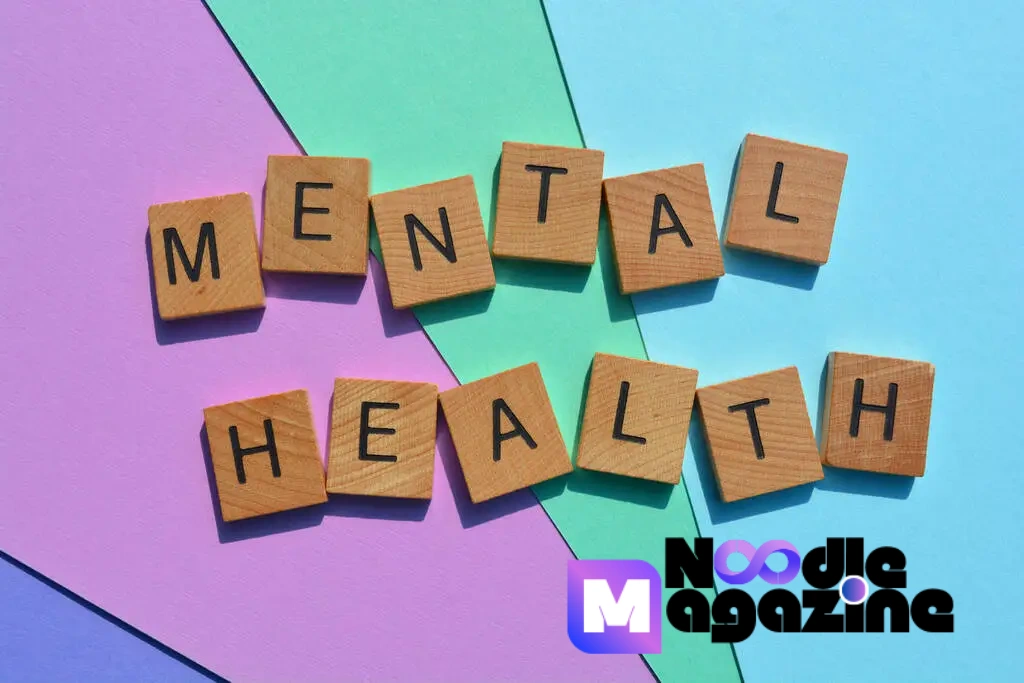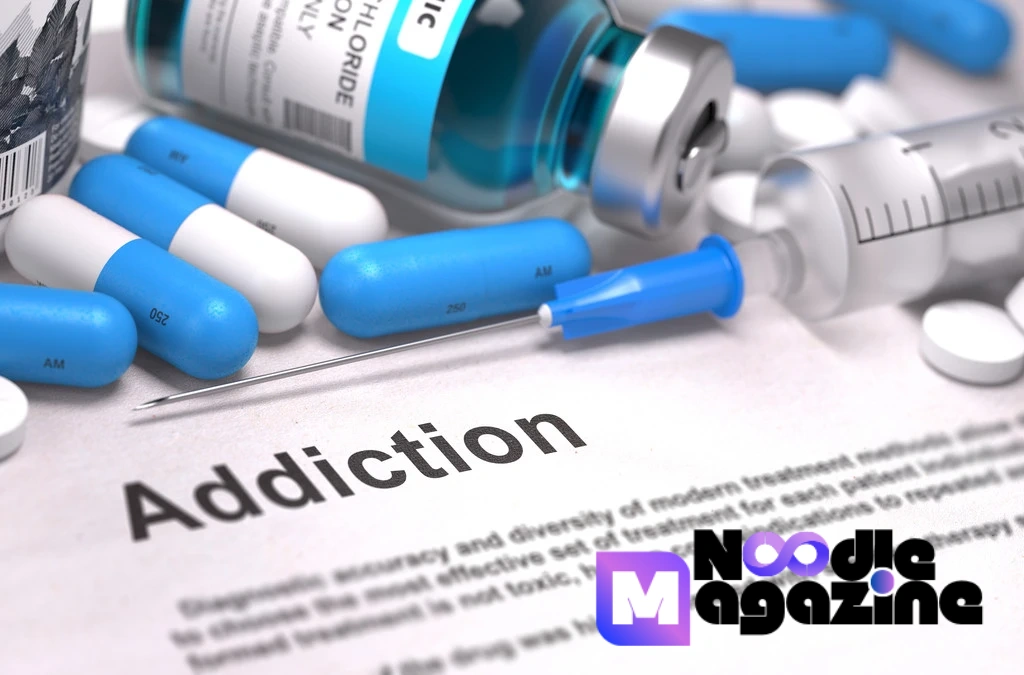The most difficult part any person will face is the diagnosis of mental health. As long as it confirms its mental issue, it will increase the chance of treatment success.
May Refuse to Take Help
The recovery time will increase with the delay in treatment. If you postpone the therapy, it will impact your overall health.
Why is early intervention for treatment important?
Research indicates that people are more inclined to ask for assistance if a close friend or a relative asks them to do so or suggests they do some rehab. Drug Rehab is a useful resource to recommend to a relative or someone else in need.
Conclusion
Early intervention can help a person reduce stress levels and it also facilitates their healing process. Prolonged intervals between the onset of symptoms and receiving the right assistance might exacerbate minor symptoms and complicate recovery.




